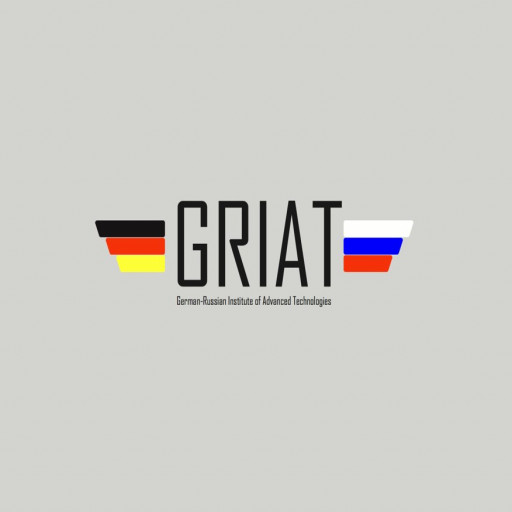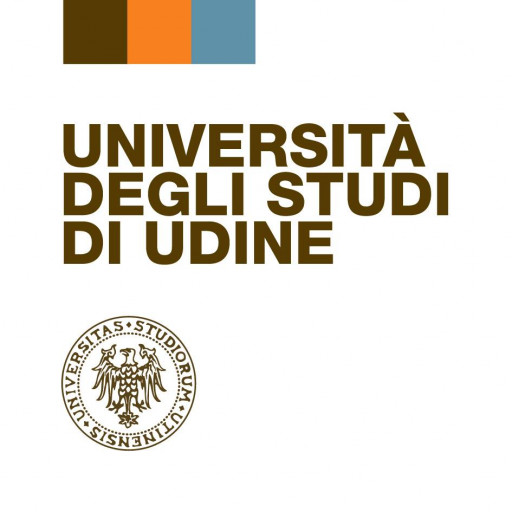Photos of university / #tcdglobal
The MSc in Learning Technology at the University of Dublin is a comprehensive postgraduate programme designed to equip students with advanced knowledge and practical skills in the innovative use of technology to enhance learning and teaching methodologies. This programme is ideal for educators, instructional designers, educational technologists, and professionals involved in training and development who aim to integrate technological solutions effectively within educational contexts. The curriculum covers a broad spectrum of topics including digital pedagogy, instructional design, online and blended learning, e-learning development, and the use of emerging technologies such as virtual and augmented reality, artificial intelligence, and data analytics in education. Students will engage with both theoretical frameworks and practical applications, allowing them to design, implement, and evaluate technology-enhanced learning environments. The programme emphasizes critical reflection on current practices, fostering an understanding of how technological innovations can improve engagement, accessibility, and learning outcomes. Delivered through flexible learning modes, including online lectures, workshops, and collaborative projects, the MSc in Learning Technology allows students to balance their professional responsibilities with their academic pursuits. Throughout the course, students will have opportunities to undertake research projects and practical assignments tailored to their specific interests and work environments. Upon successful completion, graduates will be well-positioned to lead digital transformation initiatives within educational institutions or to develop innovative e-learning products and services. The University of Dublin's MSc in Learning Technology combines academic excellence with real-world relevance, preparing graduates to be future leaders in the evolving landscape of education and technology.
Summary of the Programme Content for the MSc in Technology and Learning at the University of Dublin
The MSc in Technology and Learning is an innovative programme designed to equip students with the skills and knowledge necessary to integrate technology effectively into educational contexts. The curriculum explores the theoretical foundations and practical applications of digital tools in teaching and learning environments. Throughout the programme, students will examine the principles of instructional design, e-learning development, and the use of emerging technologies to enhance educational outcomes.
The programme begins with core modules that introduce students to the fundamentals of technology in education, including learning theories, digital literacy, and the social implications of technological change. Students will engage with topics such as online pedagogy, assessment strategies, and the development of interactive learning materials. The curriculum emphasizes the importance of evidence-based practice, encouraging students to critically evaluate technological innovations and their impact on educational effectiveness.
Advanced modules delve into specific areas such as mobile learning, gamification, virtual and augmented reality, and data analytics in education. Students will learn how to design, implement, and evaluate technology-enhanced learning experiences tailored to diverse learner needs. The programme also covers issues related to digital ethics, privacy, and the socio-cultural dimensions of technology use in educational settings.
A significant component of the MSc in Technology and Learning involves practical application through project-based assignments, where students develop their own digital learning solutions or conduct research on emerging educational technologies. Collaborative learning and peer review are integral to the programme, preparing students to work effectively in interdisciplinary teams and to communicate their ideas confidently.
The programme provides opportunities for hands-on experience with industry-standard tools and platforms, enabling graduates to confidently lead digital transformation initiatives within educational institutions, corporate training, and other learning environments. Moreover, students will explore the pressures and opportunities presented by technology changes, preparing them to become innovative educators and instructional designers.
Throughout the course, there is a strong emphasis on reflective practice, encouraging students to consider their own learning processes and technological competencies. The MSc aims to foster a community of future educational technologists who are committed to designing inclusive, accessible, and engaging learning experiences that leverage the potential of digital technology. Graduates will leave the programme equipped to address current challenges in education and to contribute to the development of innovative teaching and learning solutions in a rapidly changing digital landscape.
The Bachelor of Science in Technology and Learning program at the University of Dublin requires students to complete a total of 180 ECTS credits over the duration of three academic years. The curriculum is designed to provide a comprehensive understanding of educational technologies, instructional design, and digital learning environments. Students are expected to engage in a combination of coursework, practical projects, and research activities. The program includes core modules such as Foundations of Technology in Education, Digital Learning Ecosystems, Instructional Design Principles, Educational Psychology, and Data Analytics for Learning. Additionally, students must choose from a range of elective modules that may cover topics like E-learning Development, Gamification in Education, Mobile Learning Technologies, and Educational Software Development. Practical training components are integrated through internships and teaching practice sessions, aiming to prepare graduates for real-world educational settings. To successfully complete the program, students must pass all assessments, including examinations, project reports, and presentations. The program also emphasizes research skills, requiring students to undertake a dissertation or research project in their final year, demonstrating their ability to apply theoretical concepts to practical scenarios. The program's structure ensures that graduates possess not only technical skills but also pedagogical understanding to innovate within educational environments. Admission requirements include a previous qualification equivalent to UK A-levels, with a preference for applicants demonstrating an interest or background in technology, education, or related fields. Fluency in English is required, and relevant supplementary materials such as personal statements or interviews may be part of the selection process. The program aims to produce graduates who are capable of designing, implementing, and managing technological solutions in educational contexts across diverse settings, including schools, higher education, and corporate training environments.
The Bachelor of Science in Technology and Learning at the University of Dublin offers various financing options to support students throughout their academic journey. Students enrolled in this program can explore a range of funding opportunities, including government grants, scholarships, and university-specific financial aid packages. The university provides information on eligibility criteria and application procedures for these financial aids, aimed at reducing the financial burden on students and promoting access to higher education. Government grants are available for eligible domestic students, with considerations based on financial need, academic merit, and residency status. Scholarships are awarded based on academic excellence, leadership qualities, or specific areas of interest within the field of technology and learning. The University of Dublin also offers internal bursaries that are competitive and designed to reward outstanding performance. Additionally, students are encouraged to seek external funding sources such as private scholarships and sponsorships from industry partners. The university has dedicated support services to assist students in navigating the financial aid application process and provides detailed guidance on deadlines and required documentation. Payment plans and instalment options are also available to help manage tuition fee payments more flexibly. Financial support programs are continually reviewed to adapt to changing economic conditions and student needs, ensuring equitable access to education. International students are advised to investigate specific scholarships and aid options available to non-residents, and the university’s international office can assist with funding inquiries. Overall, the university is committed to fostering diverse student participation and strives to make education financially accessible through comprehensive and transparent financing options.
The MSc in Technology and Learning at the University of Dublin is a comprehensive postgraduate program designed to equip students with advanced knowledge and skills in the integration of technology within educational settings. This program focuses on understanding the theoretical and practical aspects of digital learning environments, e-learning design, educational technology, and innovative pedagogical strategies. Students engage with core topics such as instructional design, learning analytics, online assessment, and the ethical considerations surrounding digital education initiatives. The curriculum combines rigorous academic coursework with practical applications, including project work, case studies, and research projects that prepare graduates for leadership roles in educational technology innovation. The program is suitable for educators, instructional designers, educational technologists, and other professionals committed to enhancing learning experiences through technological advancements. It emphasizes a multidisciplinary approach, drawing on principles from education, computer science, psychology, and design to foster a holistic understanding of how technology can transform teaching and learning processes. Students benefit from the university’s state-of-the-art facilities, expert faculty, and strong links with industry partners, allowing for real-world learning opportunities and collaboration. Upon completion, graduates are well-positioned to contribute to the development of innovative e-learning solutions, implement digital strategies in education, and pursue careers in academia, educational consultancy, or edtech companies. The program typically offers flexible study options, including part-time formats, to accommodate working professionals. Overall, the MSc in Technology and Learning aims to produce highly skilled specialists capable of leading digital transformation initiatives across various educational contexts.








